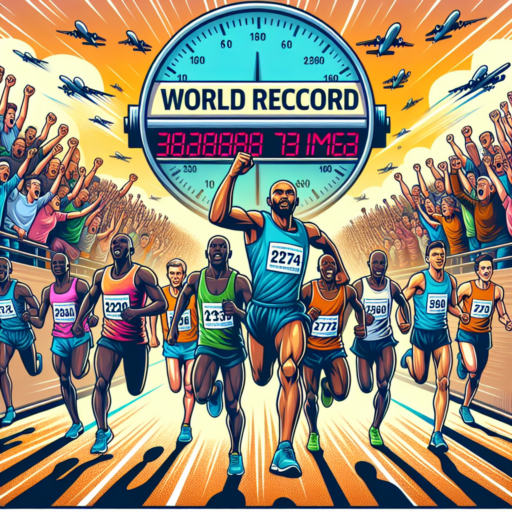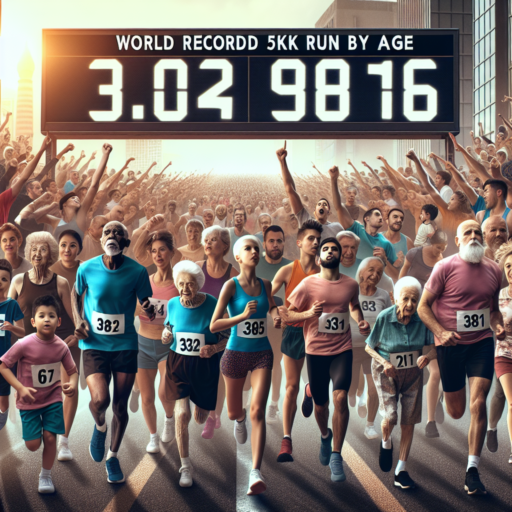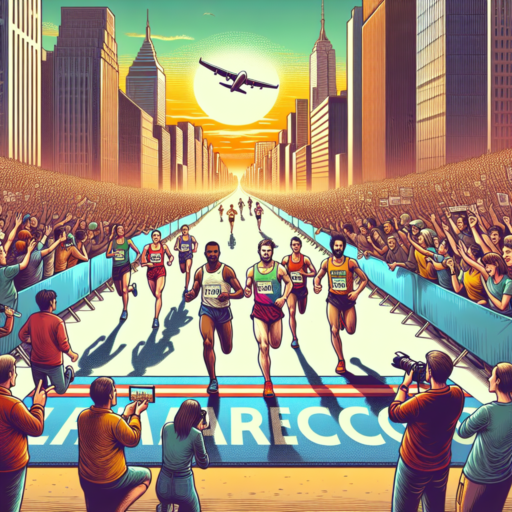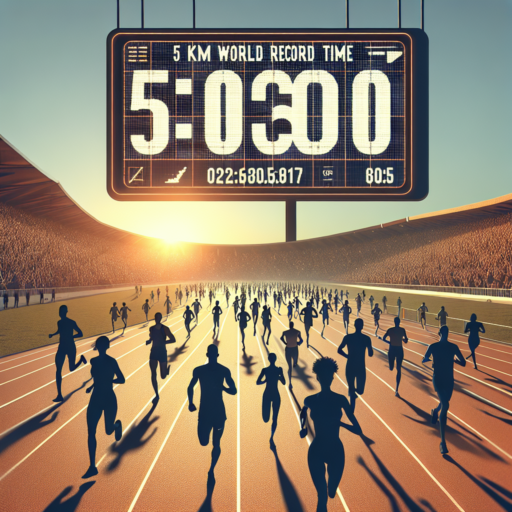What is the fastest marathon time for a man?
The quest to record the fastest marathon time has captivated the world of long-distance running for decades. The current holder of the record for the fastest marathon by a man is Eliud Kipchoge of Kenya. He set this awe-inspiring record on September 16, 2018, at the Berlin Marathon, where conditions seemed almost tailor-made for the attempt.
Kipchoge’s performance that day was nothing short of phenomenal. He completed the marathon in a time of 2 hours, 1 minute, and 39 seconds, shattering the previous world record. This accomplishment was not just a testament to his extraordinary physical condition but also his dedication, strategy, and mental strength. The record has stood as a high mark in the world of competitive marathon running, setting a formidable standard for future runners.
Beyond the sheer physical achievement, Kipchoge’s record has had a significant impact on the marathon community. It has spurred discussions about human physical limits and the psychological components of racing. Runners and coaches worldwide have analyzed his training methods, race strategy, and even the gear used during his record-setting run, seeking insights that might help others approach such a daunting time.
What is the fastest marathon time for a woman?
The quest for the fastest marathon time among women athletes has always been a topic of immense interest and inspiration within the running community. This accolade is a testament to the incredible endurance, training, and skill of the world’s elite female runners. Breaking records is not just about the physical capability but also about the mental strength and strategic planning that goes into preparing for and competing in marathons.
The current record for the fastest marathon time for a woman is held by Brigid Kosgei of Kenya, who set an astonishing time of 2 hours, 14 minutes, and 4 seconds at the Chicago Marathon on October 13, 2019. This performance not only shattered the previous world record but also set a new standard for marathon runners worldwide. Kosgei’s record is a powerful demonstration of the advancing calibre of women’s long-distance running and serves as an inspiration to many.
Behind every record-breaking performance is a story of relentless training, personal sacrifice, and the pursuit of excellence. For female marathoners, breaking the world record is a dream that requires not only innate talent but also an unwavering commitment to rigorous training regimes, nutritional planning, and mental conditioning. The marathon, covering a distance of 26.2 miles, is an ultimate test of human endurance and determination, making any record set in this event a remarkable achievement.
What is the marathon world record?
The marathon world record represents the zenith of human endurance and speed over the classic 26.2-mile (42.195 kilometers) race distance. This record is officially recognized by the International Association of Athletics Federations (IAAF), the global governing body for the sport of athletics. The marathon world record is a culmination of not just the athlete’s dedication and training, but also advancements in nutrition, running technology, and race strategies.
For men, the current marathon world record stands as a testament to what is physically possible over the grueling distance. It is a time that has been meticulously chiseled down through decades of competitive racing. The women’s marathon world record equally showcases the tenacity and incredible athletic prowess of female marathoners, highlighting the evolution and growth of women’s long-distance running on the international stage.
It’s important to note that these records are subject to change as athletes continue to push the boundaries of what is considered achievable. Marathon running, with its rich history and global appeal, remains a dramatic and powerful testament to human physical and mental ability. Every year, elite athletes attempt to etch their names into history by targeting these world records at major marathons around the globe.
No se han encontrado productos.
Why is it 42.2 km?
The standard distance for a marathon, set at 42.2 kilometers, has a historical context that traces back to early 20th-century Olympic Games. This particular length is deeply rooted in the story of Pheidippides, an ancient Greek messenger, whose legendary run from the Battle of Marathon to Athens inspired the original marathon races. However, the exact distance of 42.2 km was not standardized until the London Olympics in 1908.
The adjustment to 42.2 km during the London Olympics was primarily made to accommodate the British royal family. The starting point was set at Windsor Castle so the royal children could watch the commencement from their nursery, and the finish line was positioned in front of the royal box at the Olympic Stadium. This addition stretched the course to the now official marathon length. Interestingly, this specific distance was later adopted globally, becoming the standardized measure for marathons.
Over the years, the 42.2 km marathon distance has grown in popularity, evolving into a symbol of ultimate endurance and physical achievement. This distance challenges athletes in unique ways, testing their speed, stamina, and mental strength. Marathons held around the world, from Boston to Berlin, celebrate this enduring legacy, connecting runners of all abilities with the ancient roots of long-distance racing.




